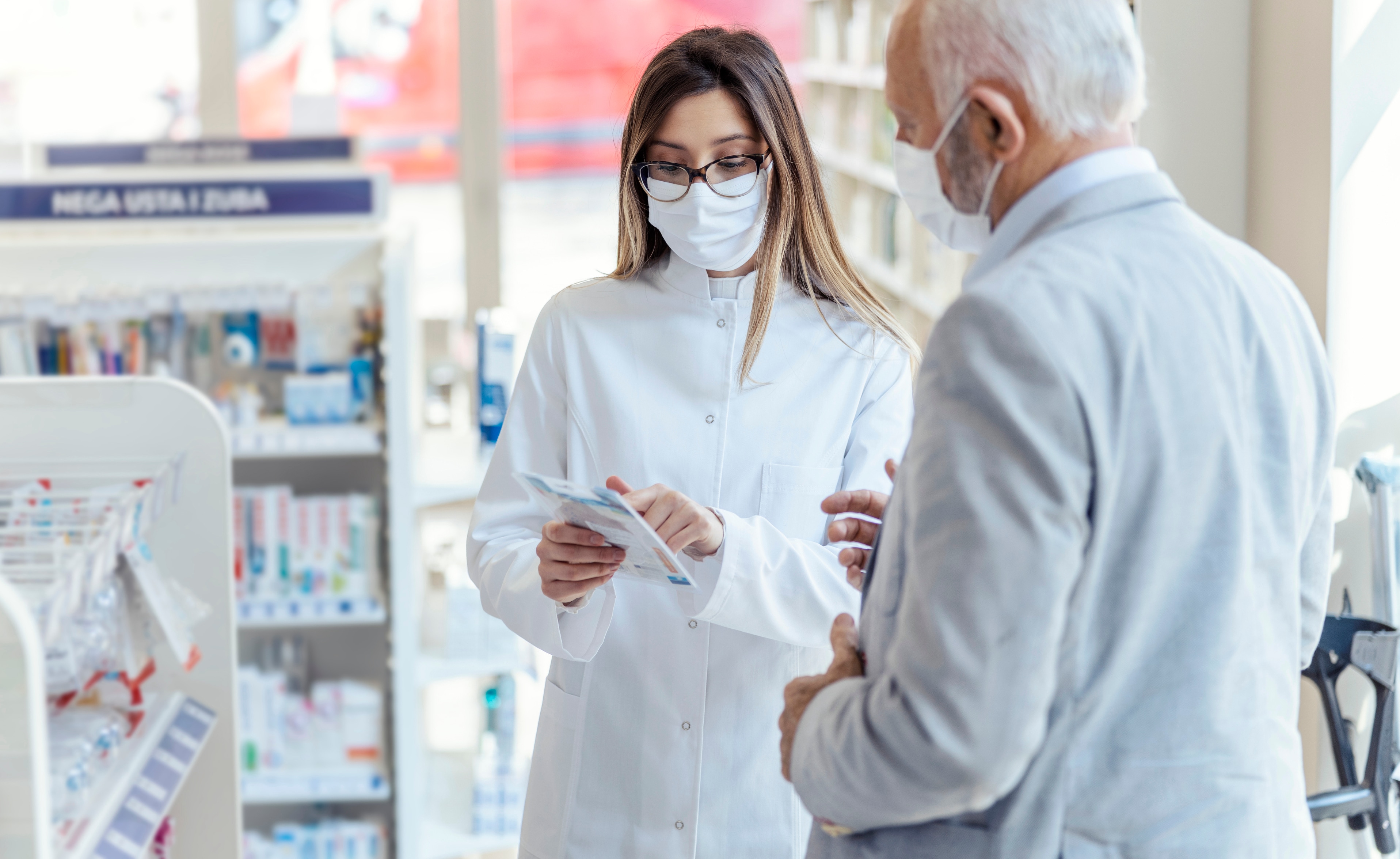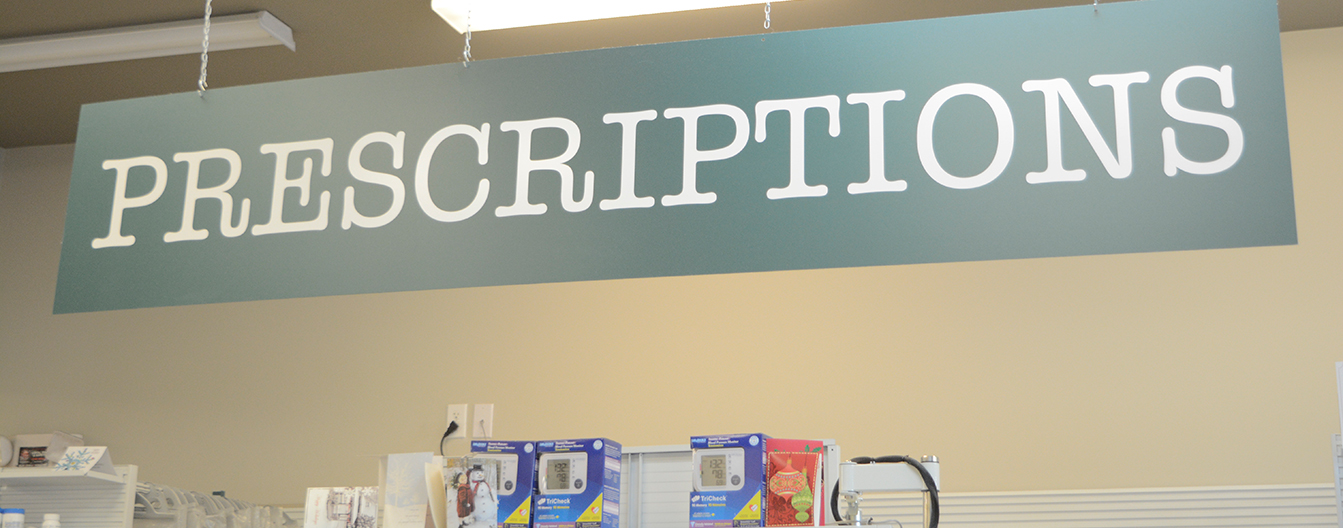What Does a PharmD Do? Key Roles Explained.

Ever wondered what a PharmD does? The Doctor of Pharmacy (PharmD) degree equips professionals with advanced knowledge and skills to manage medication therapy, improve patient outcomes, and collaborate with healthcare teams. Whether you're considering a career in pharmacy or seeking to understand the role better, this post breaks down the key responsibilities and impact of PharmDs in healthcare.
What is a PharmD?

A PharmD, or Doctor of Pharmacy, is a professional degree that prepares individuals to become licensed pharmacists. Unlike a pharmacy technician, a PharmD undergoes extensive education and training to provide patient-centered care, focusing on medication management, disease prevention, and health optimization. This degree is the cornerstone for a career in pharmacy, enabling professionals to work in various settings, from hospitals to community pharmacies.
Key Roles of a PharmD

Medication Expertise and Management
PharmDs are the primary experts in medication therapy. They ensure patients receive the right medications at the correct dosages, minimizing risks and maximizing benefits. This includes reviewing prescriptions, identifying potential drug interactions, and educating patients on proper usage. Their expertise is critical in preventing medication errors and improving patient safety.
Patient Counseling and Education
One of the most vital roles of a PharmD is patient counseling. They provide clear, actionable advice on how to take medications, manage side effects, and adhere to treatment plans. This education empowers patients to take control of their health and achieve better outcomes. PharmDs also offer guidance on over-the-counter products, vaccinations, and lifestyle changes to support overall wellness.
Collaborating with Healthcare Teams
PharmDs work closely with physicians, nurses, and other healthcare providers to develop comprehensive treatment plans. They participate in rounds, contribute to patient care discussions, and recommend medication adjustments based on clinical data. This collaboration ensures a holistic approach to patient care, particularly in hospital and clinical settings.
Specialized Pharmacy Practice Areas
PharmDs can specialize in areas like oncology, pediatrics, psychiatry, or ambulatory care. These specializations allow them to focus on specific patient populations or disease states, providing tailored care. For example, an oncology pharmacist works with cancer patients to manage chemotherapy side effects and optimize treatment efficacy.
Where Do PharmDs Work?

PharmDs are employed in diverse settings, including:
- Community Pharmacies: Dispensing medications and providing patient counseling.
- Hospitals and Clinics: Managing medication therapy and collaborating with healthcare teams.
- Long-Term Care Facilities: Ensuring medication safety for elderly or chronically ill patients.
- Pharmaceutical Industry: Research, development, and regulatory affairs.
- Academia: Teaching and advancing pharmacy education.
Becoming a PharmD: Education and Licensing

To become a PharmD, one must complete a rigorous educational path:
- Earn a bachelor’s degree (not always required, but helpful).
- Complete a 4-year Doctor of Pharmacy program accredited by the Accreditation Council for Pharmacy Education (ACPE).
- Pass the North American Pharmacist Licensure Examination (NAPLEX) and, in some states, the Multistate Pharmacy Jurisprudence Examination (MPJE).
- Pursue residency or specialization for advanced practice (optional).
📌 Note: Licensing requirements vary by state, so check local regulations for specific details.
Impact of PharmDs on Healthcare

PharmDs play a pivotal role in improving healthcare outcomes. By optimizing medication therapy, they reduce hospital readmissions, lower healthcare costs, and enhance patient quality of life. Their expertise in pharmacotherapy makes them indispensable in managing chronic diseases like diabetes, hypertension, and heart disease.
Additionally, PharmDs contribute to public health initiatives, such as vaccination campaigns and medication adherence programs, addressing gaps in healthcare access and education.
Checklist: What to Expect from a PharmD
- Expertise in medication management and therapy.
- Patient counseling and education on medication use.
- Collaboration with healthcare providers for comprehensive care.
- Specialized knowledge in specific practice areas.
- Commitment to improving patient outcomes and public health.
From dispensing medications to shaping treatment plans, PharmDs are essential to modern healthcare. Their unique skill set bridges the gap between medicine and patient care, making them invaluable in diverse healthcare settings. Whether you're a patient, student, or healthcare professional, understanding the role of a PharmD highlights their impact on improving health and wellness,pharmacy career,medication management,patient care,healthcare collaboration.
What is the difference between a PharmD and a pharmacy technician?
+
A PharmD is a licensed pharmacist with a Doctor of Pharmacy degree, responsible for medication management, patient counseling, and healthcare collaboration. A pharmacy technician assists pharmacists with tasks like dispensing medications and managing inventory but does not have the same level of responsibility or expertise.
How long does it take to become a PharmD?
+
Becoming a PharmD typically takes 6–8 years, including prerequisite coursework (if needed) and a 4-year Doctor of Pharmacy program. Additional time may be required for residencies or specialization.
Can PharmDs prescribe medications?
+
In some states, PharmDs have limited prescribing authority, such as for certain vaccines or minor ailments. However, this varies by jurisdiction and requires additional certification or training.
What is the average salary of a PharmD?
+
The average salary for a PharmD varies by location, experience, and practice setting. As of recent data, it ranges from 120,000 to 160,000 annually in the United States.



